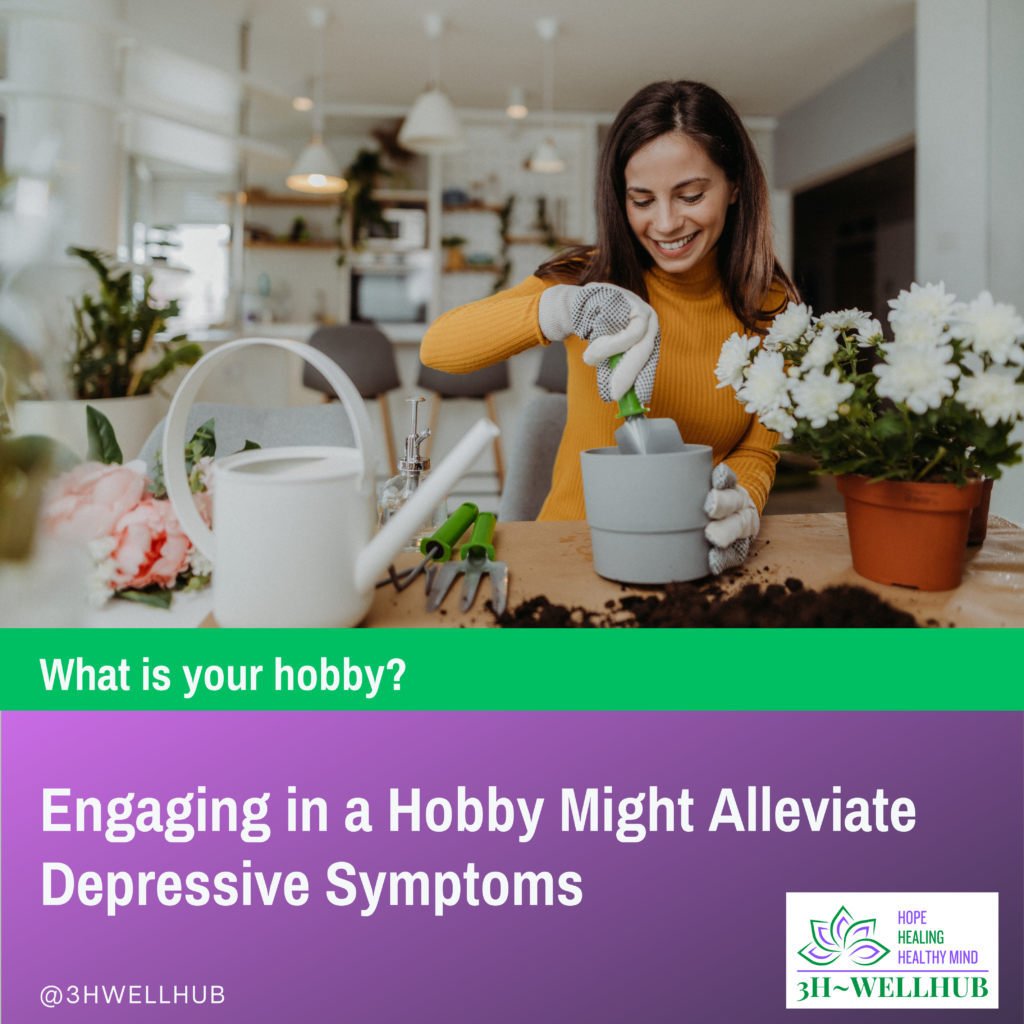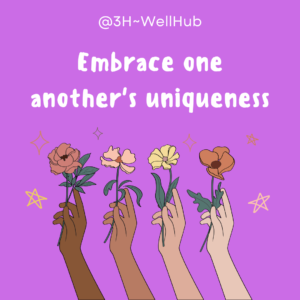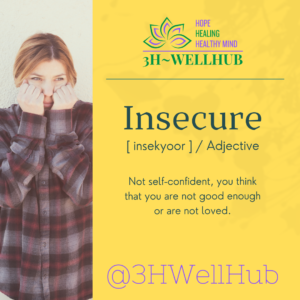
Depression is a complex mental health condition that affects millions of people worldwide. While therapy, medication, and lifestyle changes are often recommended for managing depressive symptoms, developing a hobby can also play a significant role in improving mental well-being. Engaging in a hobby provides a sense of purpose, encourages social interaction, and promotes a healthier lifestyle. Here’s how cultivating a hobby can help reduce depressive symptoms and enhance overall mental health.
The Psychological Benefits of Hobbies
Sense of Purpose and Accomplishment
- Benefit: Hobbies give individuals something to look forward to and a reason to get out of bed each day. Whether it’s gardening, painting, knitting, or playing a musical instrument, hobbies provide a sense of purpose and direction.
- Impact: Completing a project or mastering a new skill can boost self-esteem and provide a sense of accomplishment, counteracting feelings of worthlessness and hopelessness often associated with depression.
Stress Relief and Relaxation
- Benefit: Many hobbies, such as reading, drawing, or crafting, have a calming effect on the mind. Engaging in these activities can reduce stress and provide a much-needed break from the pressures of daily life.
- Impact: Lower stress levels can lead to a decrease in depressive symptoms, promoting a sense of relaxation and well-being.
Enhanced Focus and Mindfulness
- Benefit: Hobbies often require concentration and focus, which can help individuals practice mindfulness. Being fully immersed in an activity can distract from negative thoughts and feelings.
- Impact: Practicing mindfulness through hobbies can improve mental clarity and reduce rumination, a common symptom of depression.
The Social Benefits of Hobbies
Opportunities for Social Interaction
- Benefit: Many hobbies, such as joining a book club, participating in a sports team, or attending art classes, offer opportunities for social interaction and connection.
- Impact: Building social connections can combat feelings of isolation and loneliness, which are significant contributors to depression.
Community and Support
- Benefit: Being part of a group with shared interests can provide a sense of community and belonging. This support network can be invaluable for individuals struggling with depressive symptoms.
- Impact: A strong social support system can enhance resilience, making it easier to cope with the challenges of depression.
The Physical Benefits of Hobbies
Encouragement of Physical Activity
- Benefit: Many hobbies, such as hiking, dancing, or playing a sport, involve physical activity. Exercise is known to release endorphins, the body’s natural mood elevators.
- Impact: Regular physical activity can significantly reduce depressive symptoms, improve energy levels, and enhance overall physical health.
Improved Sleep Patterns
- Benefit: Engaging in a hobby can help establish a routine and provide a natural outlet for stress and anxiety, both of which can interfere with sleep.
- Impact: Better sleep patterns can lead to improved mood and reduced depressive symptoms.
Practical Steps to Develop a Hobby
Identify Interests and Passions
- Step: Think about activities that have brought joy or relaxation in the past, or explore new interests that seem appealing.
- Action: Make a list of potential hobbies and try them out one by one to see which ones resonate the most.
Start Small
- Step: Begin with manageable and realistic goals to avoid feeling overwhelmed.
- Action: Dedicate a small amount of time each week to the chosen hobby, gradually increasing the time as comfort and interest grow.
Join Groups or Classes
- Step: Look for local clubs, classes, or online communities related to the hobby.
- Action: Engaging with others who share similar interests can provide motivation and enhance the enjoyment of the hobby.
Be Consistent
- Step: Consistency is key to reaping the mental health benefits of a hobby.
- Action: Make the hobby a regular part of the routine, even if it’s just a few minutes a day.
Conclusion
Developing a hobby can be a powerful tool in reducing depressive symptoms and improving overall mental health. Hobbies provide a sense of purpose, encourage relaxation and mindfulness, offer opportunities for social interaction, and promote physical activity. By identifying interests, starting small, joining groups, and maintaining consistency, individuals can integrate hobbies into their lives and experience the profound benefits they offer.
While hobbies are not a replacement for professional treatment, they can be a valuable complement to therapy and other forms of mental health support, leading to a happier and more fulfilling life.




